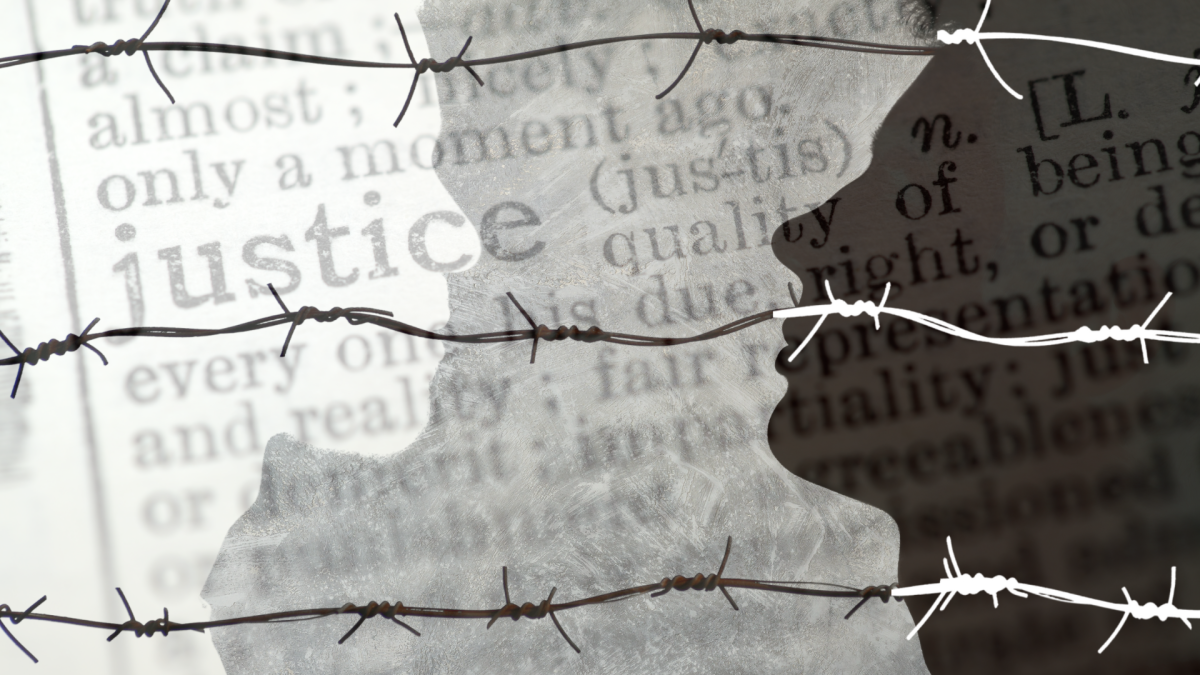The Texas Supreme Court halted the execution of Robert Roberson Oct. 17 after his attorneys filed a civil appeal for a stay of execution. In 2003, Roberson was convicted for the death of his daughter, Nikki Curtis. Prosecutors argued Curtis’ cause of death was due to shaken baby syndrome. However, the American Academy of Pediatrics have questioned the validity of the scientific evidence used against Roberson during his trial. Experts have now attributed Curtis’ death to severe pneumonia.
Given the evolving science around diagnosing shaken baby syndrome, the Innocence Project has taken up Roberson’s case, and the case has been discussed by television personality and clinical psychologist Dr. Phil. Supporters of Roberson argue that doctors misdiagnosed Curtis’ injuries and that the science regarding shaken baby syndrome is outdated. Courts across the U.S., including in Texas and Michigan, have overturned convictions and dropped charges surrounding shaken baby syndrome.
If Roberson’s final request for clemency is denied, he would be the first person in the U.S. executed for a murder conviction involving shaken baby syndrome.
A month earlier, Marcellus Williams was executed in Missouri, despite public pleas and objections from the original prosecuting attorney who handled the case in 1998. Williams was convicted in 2001 for the killing of reporter Lisha Gayle and waited 24 years on death row.
The Midwest Innocence Project argued that racial discrimination affected jury selection in Williams’ trial. Additionally, Williams’ attorneys alleged that witnesses were offered incentives to testify against him. Sept. 24, Williams was executed by lethal injection after his final appeals were denied and Gov. Mike Parson rejected his clemency request.
Kai Schnitzius, a third-year political science and international studies major, first became interested in capital punishment after learning about its effects on the legal system.
“Seeing multiple innocent or underprivileged people sent to die. In high school, we watched a video about an attorney who handled death penalty cases. That was eye-opening for me and really showed me the issues,” Schnitzius said.
While Schnitzius acknowledged that capital punishment might deter violent crime, he questioned its effectiveness, concluding that capital punishment disadvantages more people than it benefits.
“It’s happened multiple times where innocent people end up dying for things they haven’t done. So I think that’s horrible and atrocious and still an issue,” Schnitzius said.
Across the U.S., attitudes toward the death penalty and its role in the criminal justice system have evolved. Currently, 27 states still practice and enforce capital punishment, and six states have gubernatorial holds on their executions.
Since 2014, capital punishment has been abolished in Washington state, as a result of democratic Gov. Jay Inslee’s stance on capital punishment. Inslee declared an official moratorium on the death penalty in 2014, and in 2018, the Washington Supreme Court ruled capital punishment unconstitutional.
Sarah Cate, an assistant professor of political science at Seattle University, explained that for capital punishment to be reinstated in Washington, the law would need to be repealed.
“There is one contested seat this election, but I don’t think it’s going to change the overall composition of the Washington Supreme Court. You would need the governor, and then the legislature would need to also flip on this issue,” Cate said.
Cate concluded that many Washingtonians, along with prospective voters, do not want capital punishment reintroduced in the criminal justice system. Cate detailed the legal steps necessary if a future governor wanted to reinstate capital punishment.
“It’s off the books, essentially. It would take quite a bit of effort. You would have to repass laws recreating the death penalty again. It’s not like the governor can just flip a switch—they would be violating the constitutional interpretation,” Cate said.
Recently in the media, there has been a lot of conversation about the importance of capital punishment in the criminal justice system as well as its impact on criminality.
Visiting Assistant Teaching Professor of Political Science Thomas Mann explained that the use of capital punishment is up to the states.
“It’s still the state’s choice to decide if we have the death penalty or not. That’s the constitutional stance. When it comes to laws in the states and it has to do with constitutional rights, the apex of that would have to be reviewed by the state courts,” Mann said.
Mann emphasized that capital punishment pertains to constitutional rights. Furthermore, voters concerned with constitutional matters should express that through the candidates they consider.
“Yes it’s the representatives, yes it’s the governors but it’s also the judges who we vote for. They decide if something is constitutional,” Mann said.
Mann expressed the legal precedent established on capital punishment within the U.S. through the Supreme Court, more so on the legal discrepancies that intersect with the aspect of due process for cases in the criminal justice system. He mentioned former Justice Antonin Scalia’s stance on procedural fairness in death penalty cases.
“There are questions of process, the late Justice Scalia used to say that the United States is well within its rights to execute an innocent man as long as the process is fair. He would say as long as that person’s guilt is proven the state is within its rights,” Mann said.
The nation remains divided on the use of capital punishment within the criminal justice system. In an evolving world, modern attitudes toward how we punish crime continue to be examined in the media as well as in society.








